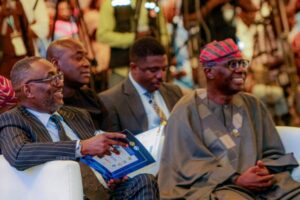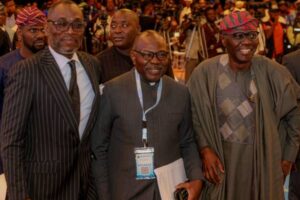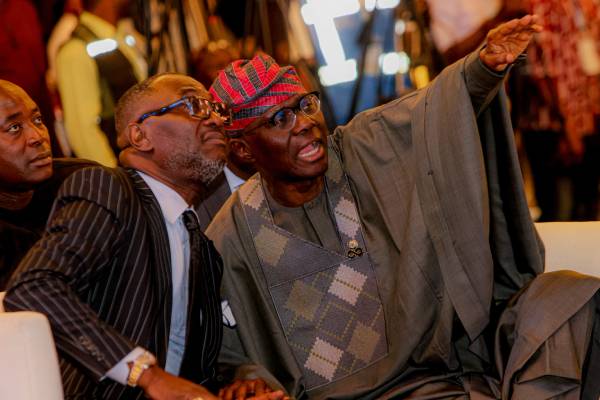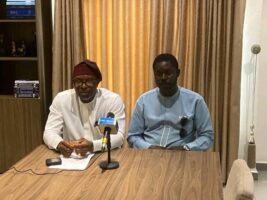Lagos State has held its first Waterfront Summit, bringing together government officials, policymakers, academics, private sector leaders, traditional authorities and waterfront communities to chart a new course for the protection of the Lagos Lagoon.
The summit, themed “Pressure on the Lagoon – The Lagos Experience”, took place on Thursday, 11 September 2025 at Eko Hotel and Suites, Victoria Island.
It highlighted the urgent threats facing the 6,354 km² lagoon, including pollution, illegal dredging, reckless reclamation, climate change and weak enforcement of existing laws.
Participants noted that over 80 per cent of Lagos shoreline has been lost in 50 years and that pollution from plastics, untreated effluent, shipwrecks and oil spills has compromised water quality and navigation safety.
Illegal dredging and unregulated real estate were also identified as major threats to biodiversity, fisheries and food security.
Key Resolutions
At the end of the summit, stakeholders adopted a wide-ranging set of resolutions, including:
-
Establishing a legally binding Lagos Lagoon Protection Policy to integrate water quality standards, biodiversity conservation and sustainable land use.
-
Creating a Lagos Lagoon Authority to coordinate policy and strengthen enforcement.
-
Enforcing the polluter-pays principle, holding industries and operators financially responsible for restoration.
-
Investing in monitoring technology such as GIS mapping, drones, satellite imaging and water-quality stations.
-
Empowering waterfront communities through knowledge, alternative livelihoods and active monitoring roles.
-
Mainstreaming climate resilience, mangrove restoration and shoreline protection into urban planning.
-
Developing the blue economy to drive jobs and wealth through eco-tourism, aquaculture, boat transport and renewable tidal energy.
-
Establishing a Lagos Lagoon Trust Fund and a data and monitoring framework to secure sustainable financing and evidence-based decision-making.


Governor Sanwo-Olu’s Commitment
In his keynote address, Governor Babajide Sanwo-Olu stressed the urgency of halting illegal dredging, reckless reclamation and marine pollution, while pledging firm government action to protect the state’s shoreline.
He said the Lagos Lagoon could become a model of eco-tourism, blue economy growth, renewable energy and research innovation if properly managed.
International Collaboration
The summit concluded with the signing of a Memorandum of Understanding between the Lagos State Government and Dutch consortium CDR International BV, with Boskalis and Van Oord as partners.
The agreement provides for pre-feasibility and feasibility studies on coastal protection, aimed at tackling erosion, safeguarding communities and restoring ecosystems along the state’s coastline.
Call to Action
Participants urged waterfront residents, including the Makoko water community, to cooperate with government plans for sustainable management while ensuring that future interventions respect cultural realities and livelihoods.
The summit’s communiqué underscored that the Lagos Lagoon is “a priceless asset and a legacy trust” and called for a shift from commitment to implementation to ensure it becomes a model of sustainability for Africa.





